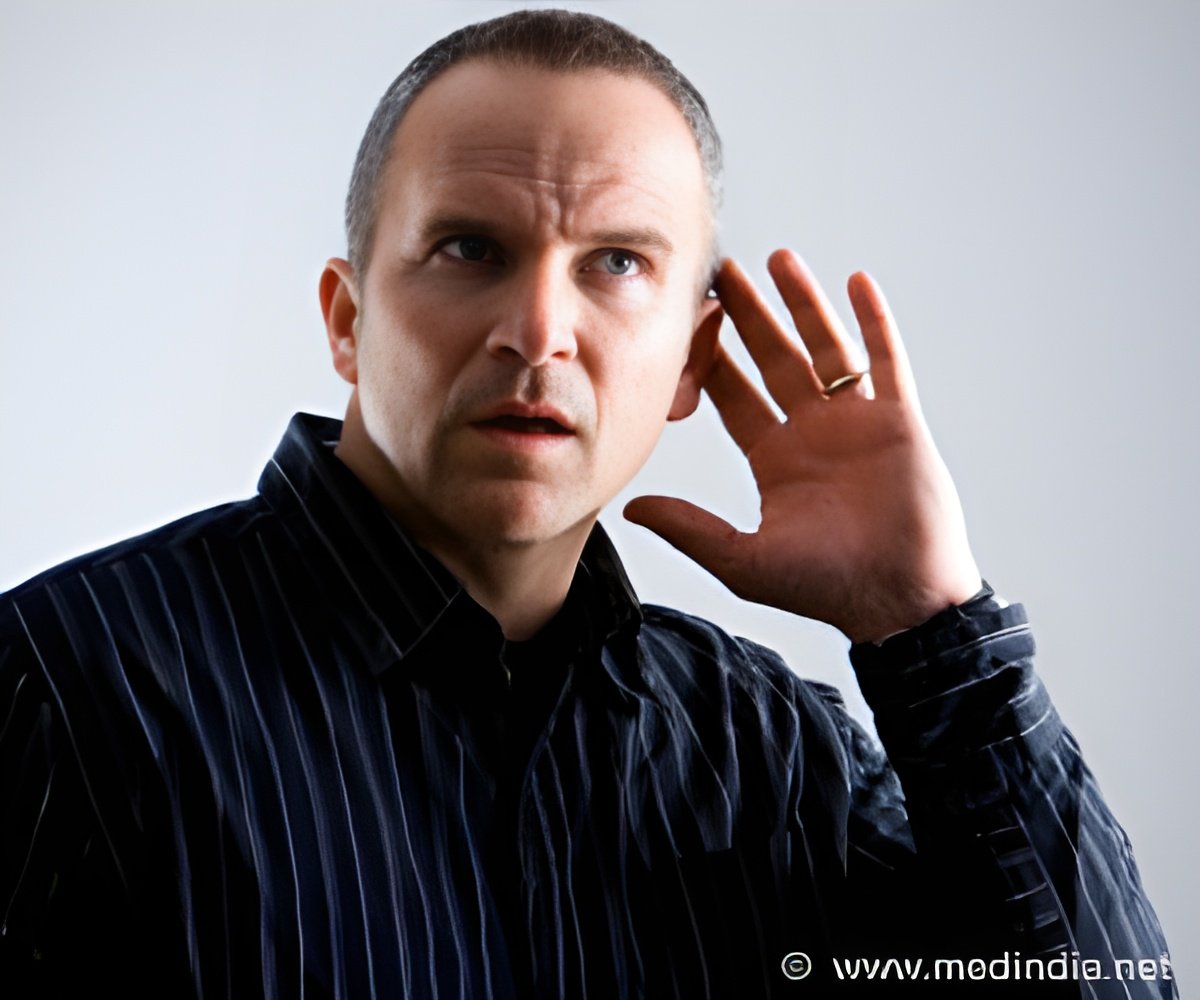New study reveals key mechanisms behind hearing non-existent sounds in schizophrenia patients due to abnormalities in brain processes.

Impaired motor-to-sensory transformation mediates auditory hallucinations
Go to source).
‘Did you know?
People with auditory hallucinations can hear sounds that aren't real. #schizophrenia #sound #mentaldisorder #medindia’





One of the abnormalities is a “broken” corollary discharge where the brain fails to suppress self-generated sounds and a “noisy” sound from the environment that is heard more intensely than it should.People with auditory hallucinations can hear sounds that aren't real. #schizophrenia #sound #mentaldisorder #medindia’
Auditory Hallucinations in Schizophrenia
A new study was published on October 3rd in the open-access journal PLOS Biology by Xing Tian, of New York University Shanghai, China, and colleagues.Patients with schizophrenia hear voices even when there is no sound. They may fail to differentiate between what they think and what they hear from the external environment. As a result, they fail to understand their thoughts are coming from their mind.
Researchers carried out electroencephalogram (EEG) experiments to measure the brain waves of 20 patients with schizophrenia experiencing auditory hallucinations and 20 patients with schizophrenia who had never experienced such hallucinations.
Brain Mechanisms Behind Auditory Hallucinations
In general, when people are preparing to speak, their brains send a signal known as “corollary discharge” that suppresses the sound of their voice. However, the new study showed that when patients with auditory hallucinations were preparing to speak a syllable, their brains not only failed to suppress these internal sounds but had an enhanced “efference copy” response to internal sounds other than the planned syllable.Advertisement
The authors add, “People who suffer from auditory hallucinations can ‘hear’ sounds without external stimuli. A new study suggests that impaired functional connections between motor and auditory systems in the brain mediate the loss of ability to distinguish fancy from reality.”
Advertisement
- Impaired motor-to-sensory transformation mediates auditory hallucinations - (https:journals.plos.org/plosbiology/article?id=10.1371/journal.pbio.3002836)
Source-Eurekalert















